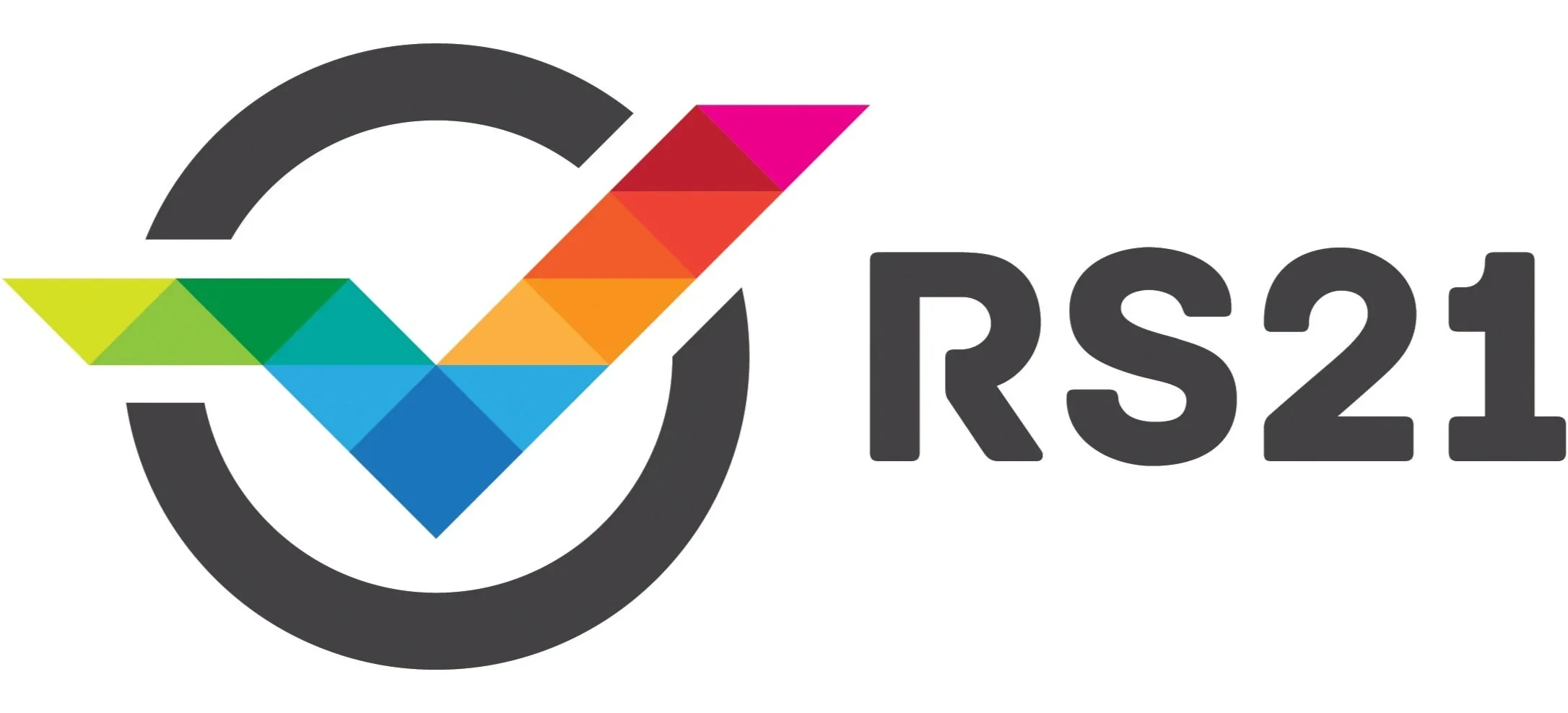Real feedback from engineering teams running AutoMQ at scale
At the Grab Data Engineering Platform team, we focus on improving the efficiency and scalability of our streaming data platform. By adopting AutoMQ, the platform leverages cloud-native storage and eliminates the need for replication between brokers. This enhances broker performance, reduces storage and network resource usage, and enables us to scale compute and storage resources to meet evolving demands.
AutoMQ has transformed our connected vehicle infrastructure from a source of operational anxiety into a competitive advantage. We no longer fear the traffic tides caused by rush hours or new car launches. For over three years, AutoMQ has served as the stable backbone for our hybrid cloud, ensuring that critical commands—like remote unlocking or emergency rescue—are delivered instantly, while allowing us to retain data indefinitely without the operational nightmares of legacy Kafka.

AutoMQ allowed us to transform our log pipeline into a truly cloud-native architecture on AWS ECS. By decoupling storage to S3, we achieved cost-effective long-term retention while maintaining 100% compatibility with our existing observability stack including Fluentd and Sumo Logic. We can now treat Kafka brokers as stateless resources, maximizing our operational agility.

Integrating AutoMQ into Tencent Cloud EMR completes our cloud-native data stack. Its storage-compute separation architecture allows our users to handle massive data streams with the same elasticity as our compute engines and Save costs. Furthermore, AutoMQ's ability to seamlessly project streams as iceberg tables significantly accelerates real-time data analysis, removing the friction between streaming and data lake ecosystems.
At the Grab Data Engineering Platform team, we focus on improving the efficiency and scalability of our streaming data platform. By adopting AutoMQ, the platform leverages cloud-native storage and eliminates the need for replication between brokers. This enhances broker performance, reduces storage and network resource usage, and enables us to scale compute and storage resources to meet evolving demands.
AutoMQ has transformed our connected vehicle infrastructure from a source of operational anxiety into a competitive advantage. We no longer fear the traffic tides caused by rush hours or new car launches. For over three years, AutoMQ has served as the stable backbone for our hybrid cloud, ensuring that critical commands—like remote unlocking or emergency rescue—are delivered instantly, while allowing us to retain data indefinitely without the operational nightmares of legacy Kafka.

AutoMQ allowed us to transform our log pipeline into a truly cloud-native architecture on AWS ECS. By decoupling storage to S3, we achieved cost-effective long-term retention while maintaining 100% compatibility with our existing observability stack including Fluentd and Sumo Logic. We can now treat Kafka brokers as stateless resources, maximizing our operational agility.

Integrating AutoMQ into Tencent Cloud EMR completes our cloud-native data stack. Its storage-compute separation architecture allows our users to handle massive data streams with the same elasticity as our compute engines and Save costs. Furthermore, AutoMQ's ability to seamlessly project streams as iceberg tables significantly accelerates real-time data analysis, removing the friction between streaming and data lake ecosystems.

Production Throughput
Data Volume
Connected Vehicles
GitHub Stars
Production-proven at massive scale. Want to learn the story behind these deployments?
Talk to Our ExpertsDeep dives into how companies across industries solved their streaming challenges

Learn why JD.com replaced Kafka with AutoMQ to handle massive 100 GiB/s scale efficiently.
See how super-app Grab reduced processing from hours to seconds and tripled efficiency using AutoMQ.

Learn why Tencent Cloud EMR chose AutoMQ as a first-party service for modern data processing.

See how LG U+ scales 2.2B daily messages with AutoMQ's stateless Kafka for cost-effective modernization.
Learn why Geely, a global automotive giant, relies on AutoMQ to handle massive streaming workloads for its 10-million-vehicle fleet.

Learn why Bambu Lab chose stateless Kafka to unify data streaming across multiple clouds.
See how Honda slashed Kafka TCO by 50% using AutoMQ's innovative cloud-native architecture.

Learn why Avia Games switched from AWS MSK to AutoMQ to end maintenance disruptions.
See how leading video platform iQIYI achieved architectural agility by integrating AutoMQ into its cloud-native streaming journey.

Learn how Poizon handles massive 40 GiB/s observability workloads at half the cost by leveraging AutoMQ's cloud-native architecture.
See how Tencent Music slashed costs by 50% and eliminated scaling bottlenecks, running a 100+ node AutoMQ cluster that stably supports peak traffic exceeding 1 GB/s.
Learn why Bitkub, Thailand's largest exchange, replaced Confluent Cloud with AutoMQ for a cost-effective Kafka upgrade.
See how global CRM leader HubSpot replaced Apache Kafka with AutoMQ to modernize real-time log streaming.

Learn how a premier Nigerian digital bank achieved a seamless Kafka-to-AutoMQ migration, ensuring zero disruption and 50% cost savings.

Learn why CaoCao Ride-Hailing adopted AutoMQ's elastic architecture to handle unpredictable demand and simplify data scaling.

Learn how RS21 optimizes its AI data pipelines with AutoMQ to achieve lower latency and more responsive real-time analytics.

See how Angaza streamlines its sales and customer management platform by boosting data stream processing efficiency with AutoMQ.

See how Oneiot leverages AutoMQ to streamline high-volume data collection from millions of devices and accelerate real-time IoT analytics.
See how XPENG, a global EV leader, streamlines its data infrastructure and slashes cloud costs by replacing complex Kafka clusters with AutoMQ.
See how Xiaohongshu, a leading global social platform, leverages AutoMQ to build a truly Kubernetes-native Kafka, enabling seamless scaling to support massive traffic surges.
See how TokenPocket, a leading multi-chain crypto wallet, leverages AutoMQ to eliminate Kafka cold-read delays and ensure lightning-fast transaction syncing for its global users.
Learn why WeBank adopted AutoMQ's shared storage model to achieve seamless multi-cloud data sync and superior availability.

Learn why ThinkingData, the leading game big data expert, adopted AutoMQ to build a highly elastic data pipeline, slashing infrastructure costs while accelerating game insight deli...

See how Trip.com Group leverages AutoMQ to build a modern, cloud-native streaming platform that powers 1.2 million hotel bookings across 200+ countries with sub-second latency.

See how OceanBase, a leading distributed database provider, integrates AutoMQ to supercharge its CDC (Change Data Capture) pipelines, ensuring ultra-low latency binlog distribution...
Discover how Zhihu leverages AutoMQ to streamline its data backbone, reducing infrastructure complexity while boosting the responsiveness of its content recommendation and notifica...

Discover how Chapanda modernizes its retail data backbone with AutoMQ, solving long-standing resource allocation challenges and providing a highly agile foundation for its nationwi...
Available on Cloud Marketplaces
Subscribe to AutoMQ directly from your preferred cloud platform